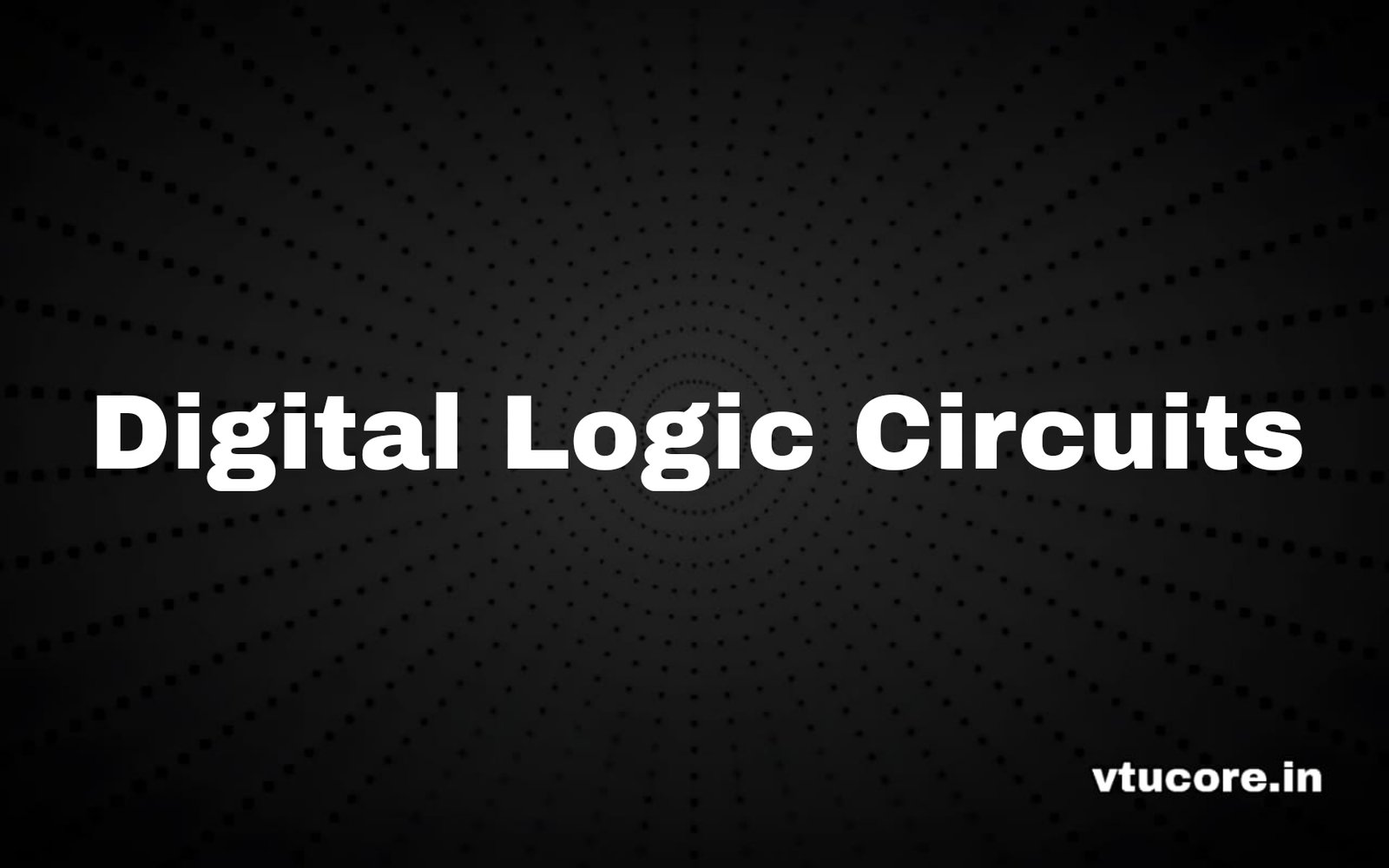DIGITAL LOGIC CIRCUITS BEE306A
Course Code: BEE306A
Credits: 03
CIE Marks: 50
SEE Marks: 50
Total Marks: 100
Exam Hours: 03
Total Hours of Pedagogy: 40H
Teaching Hours/Weeks: [L:T:P:S] 3:0:0:0
Principles of Combinational Logic: Definition of combinational logic, canonical forms, Generation of switching equations from truth tables, Karnaugh maps-3,4,5 variables, Incompletely specified functions (Don’t care terms) Simplifying Max term equations, Quine-McCluskey minimization technique, Quine-McCluskey using don’t care terms, Reduced prime implicants Tables.
Analysis and Design of Combinational logic: General approach to combinational logic design, Decoders, BCD decoders, Encoders, digital multiplexers, Using multiplexers as Boolean function generators, Adders and subtractors, Cascading full adders, Look ahead carry, Binary comparators.
Flip-Flops: Basic Bistable elements, Latches, Timing considerations, The master-slave flip-flops (pulse triggered flip-flops): SR flip-flops, JK flip-flops, Edge triggered flip-flops, Characteristic equations.
Flip-Flops Applications: Registers, binary ripple counters, synchronous binary counters, Counters based on shift registers, Design of a synchronous counter, Design of a synchronous mod-n counter using clocked T, JK, D and SR flip-flops.
Sequential Circuit Design: Mealy and Moore models, State machine notation, Synchronous Sequential circuit analysis, Construction of state diagrams, counter design. Memories: Read only and Read/Write Memories, Programmable ROM, EPROM, Flash memory.

